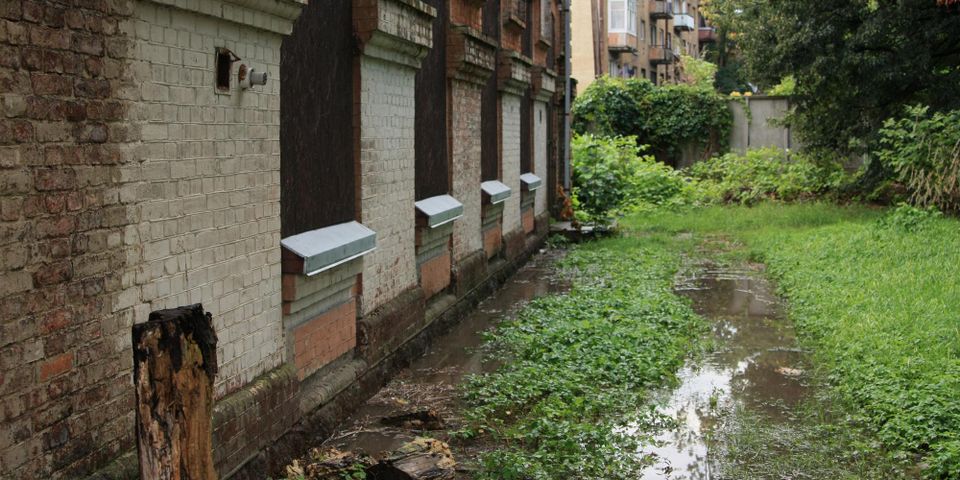How Do Heavy Rains Impact Your Septic Tank?

Because your septic system relies on a drain field to slowly disperse wastewater into the ground, heavy rains can disrupt this process and cause septic issues. While you can’t stop the rain, you can take a few steps to make this problem less likely. The guide below explains how rainwater impacts your septic system and offers a few septic tank care steps if flooding occurs.
What Causes Septic Tank Flooding?
When heavy rains fall, the water slowly filters through the ground. In the process, it takes up space in your drain field that would normally be occupied by effluent, which is wastewater that’s been processed by the bacteria in the septic tank. If the water saturation in your drain field continues long enough, you may find that your septic tank is backing up, leading to clogged drains throughout your home.
How Should You React to a Flooded Septic Tank?
 When the septic tank is flooded by rainwater, you mustn’t have it pumped. While this might seem like the logical step for septic tank care, it can cause the septic tank to shift in the ground, damaging the ingoing and outgoing pipes. Instead, you should try to limit water use throughout your home until the rainwater subsides, and your tank begins working normally. Do this by limiting showers, using less water while cooking, and running the dishwasher and washing machine less frequently.
When the septic tank is flooded by rainwater, you mustn’t have it pumped. While this might seem like the logical step for septic tank care, it can cause the septic tank to shift in the ground, damaging the ingoing and outgoing pipes. Instead, you should try to limit water use throughout your home until the rainwater subsides, and your tank begins working normally. Do this by limiting showers, using less water while cooking, and running the dishwasher and washing machine less frequently.
If problems continue even after the rainwater subsides, you should have your tank professionally inspected. If you rely on well water, have it tested before you drink it, as contaminants from the wastewater can be washed into the groundwater by rain. If any sewage has backed up into your basement, wear gloves to clean the area and disinfect it with a mix of bleach and water.
Unsure whether your tank is overfilled or flooded by recent rains? Wright’s Septic Service in Tomah, WI, has more than 50 years of experience providing septic tank care, and they’ll know how to handle the problem you’re facing. From tank pumping to filter replacements and routine septic maintenance, they can help when you call (608) 372-3615.
About the Business


